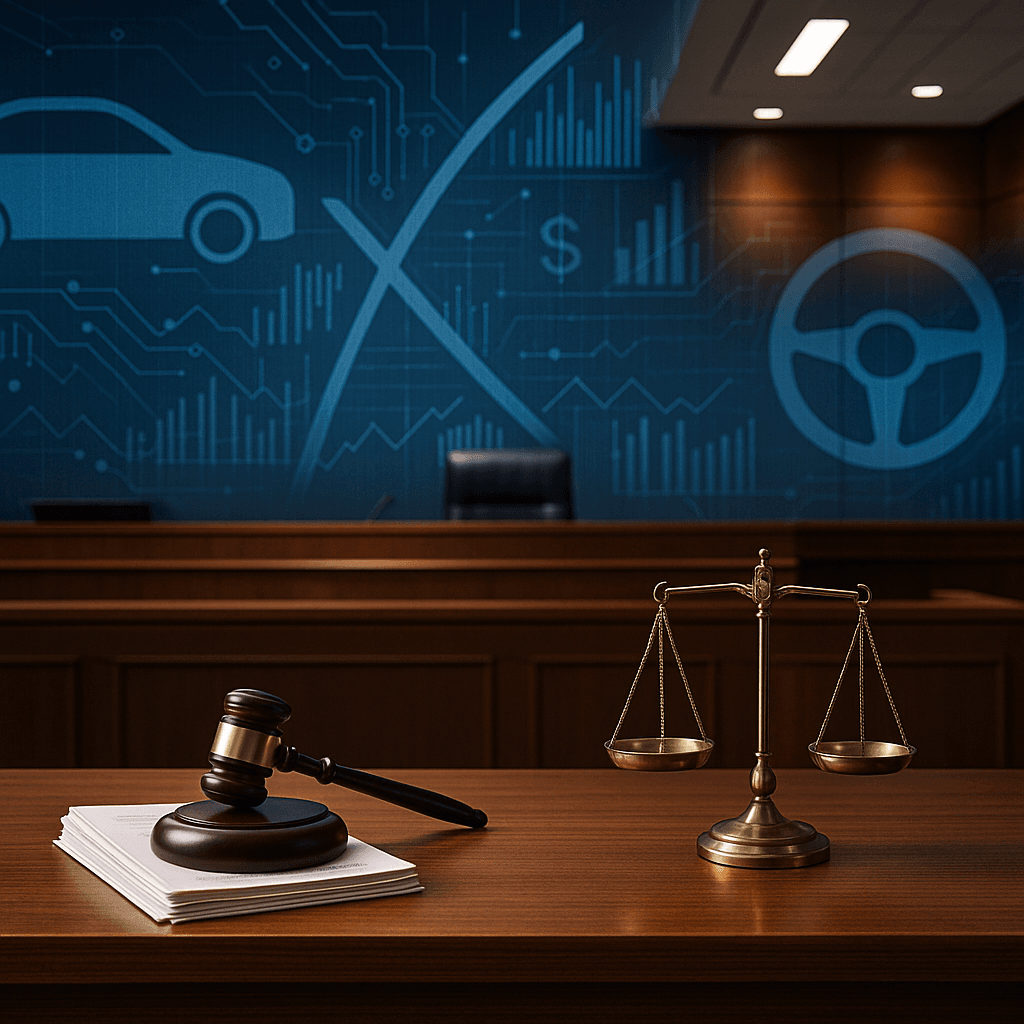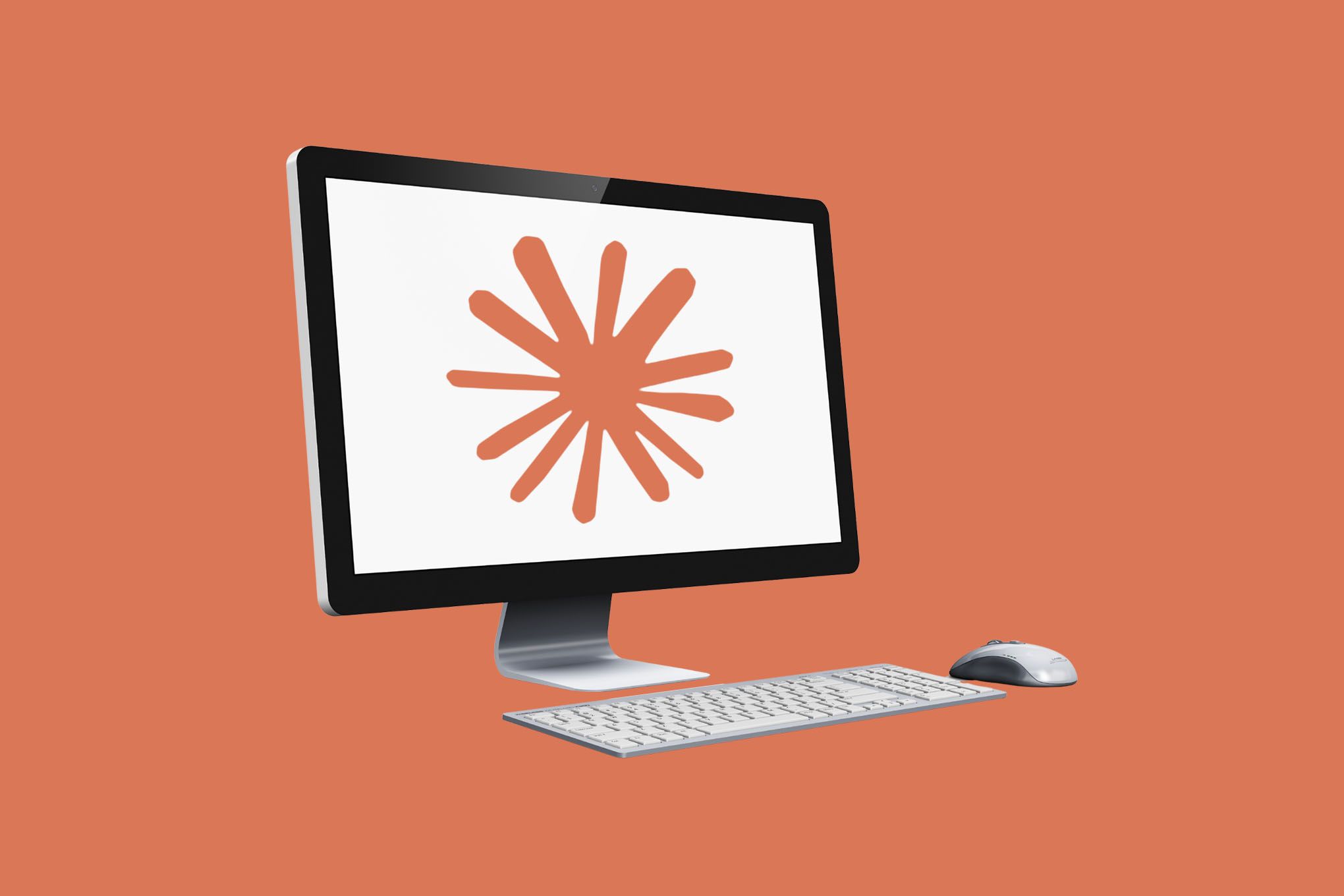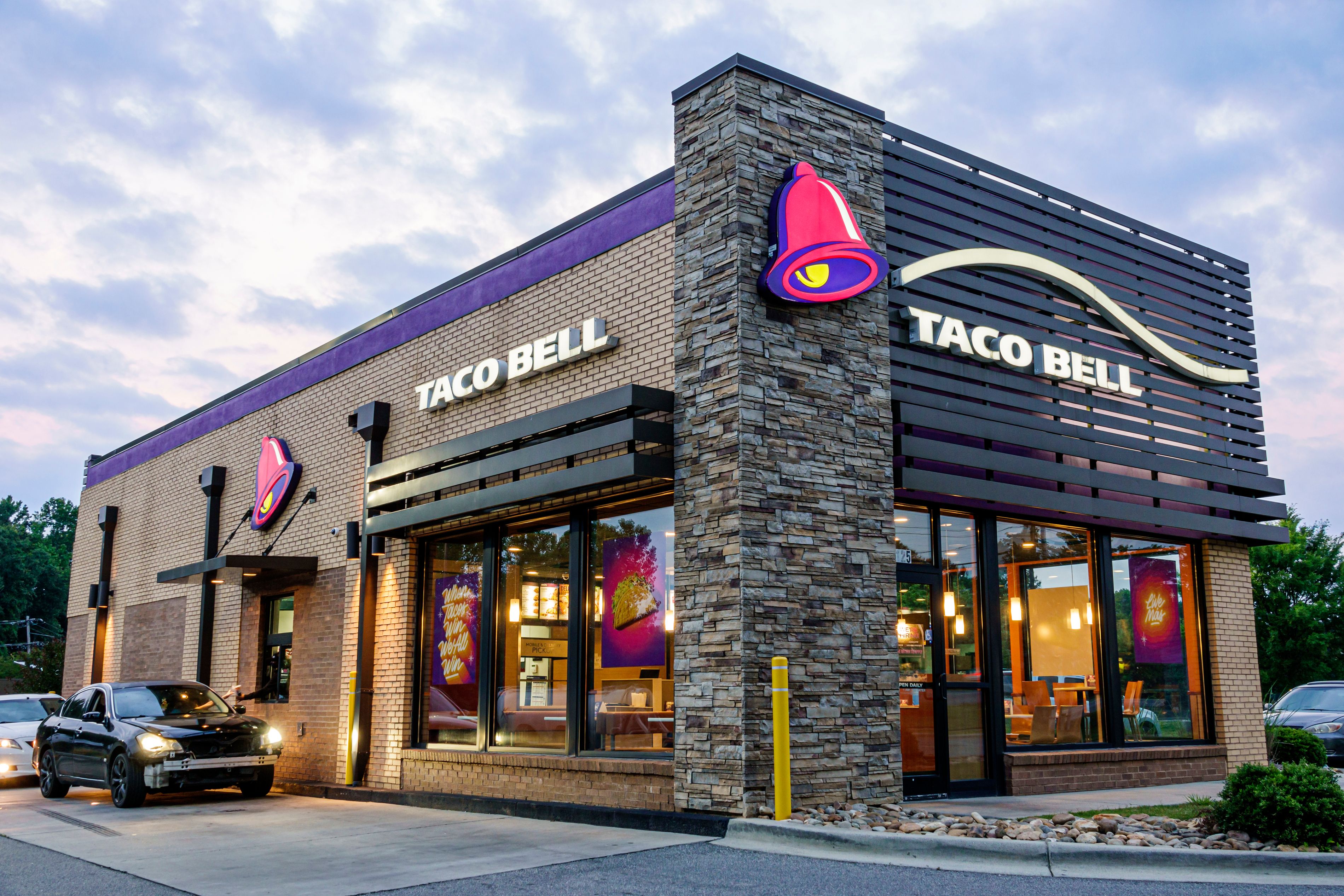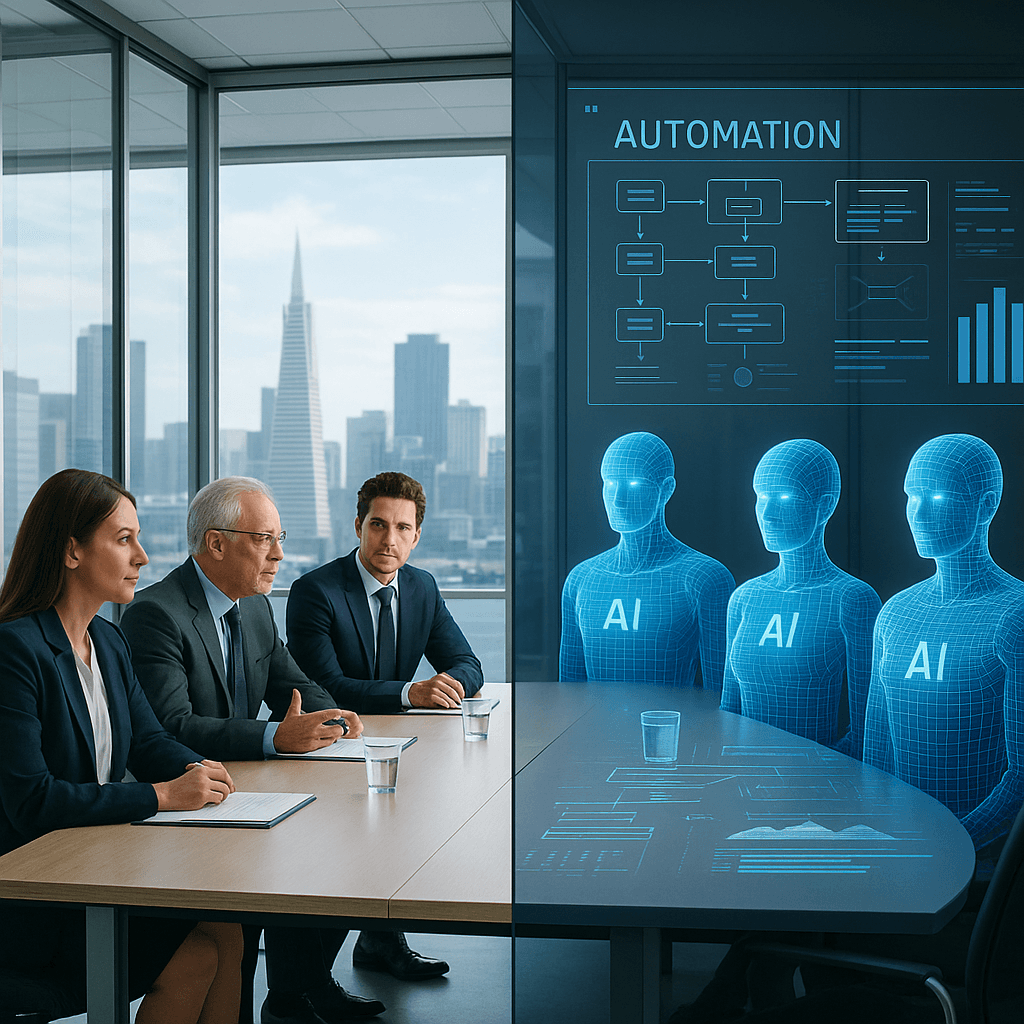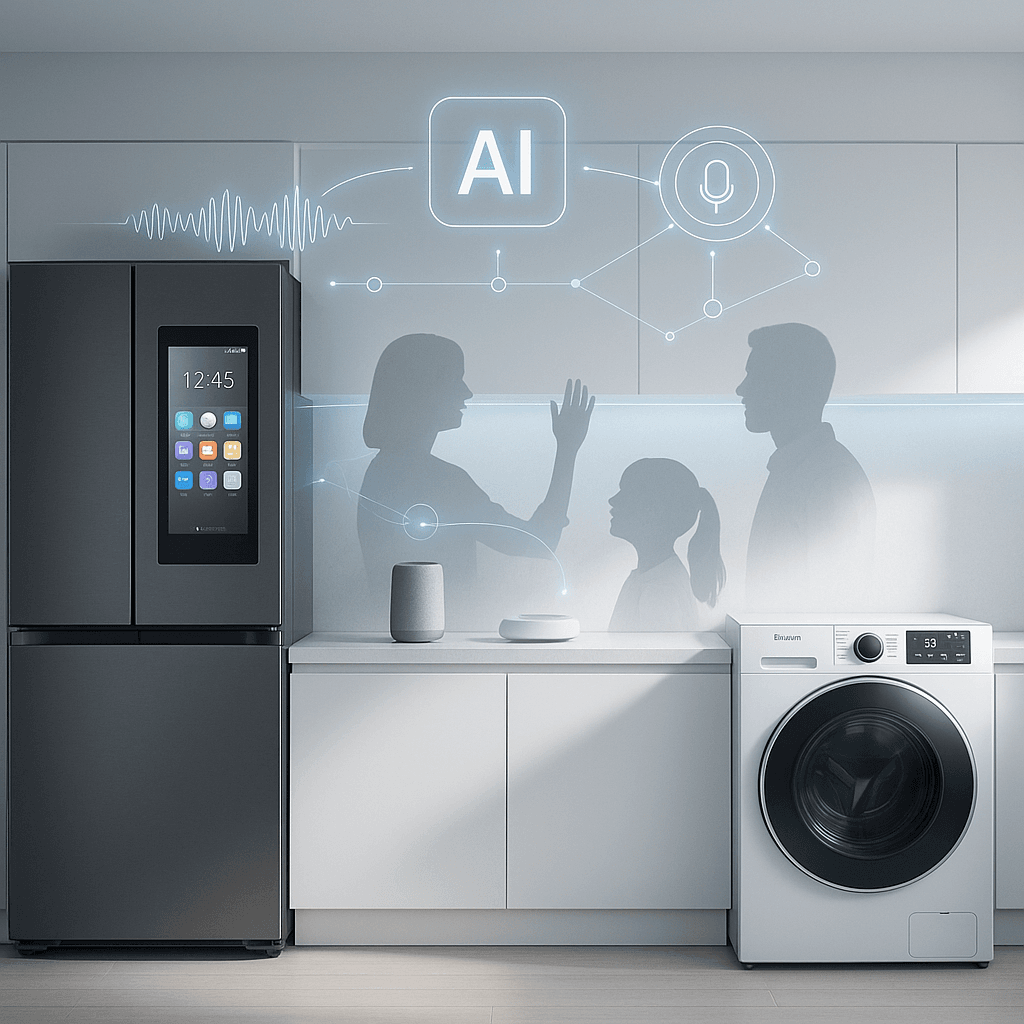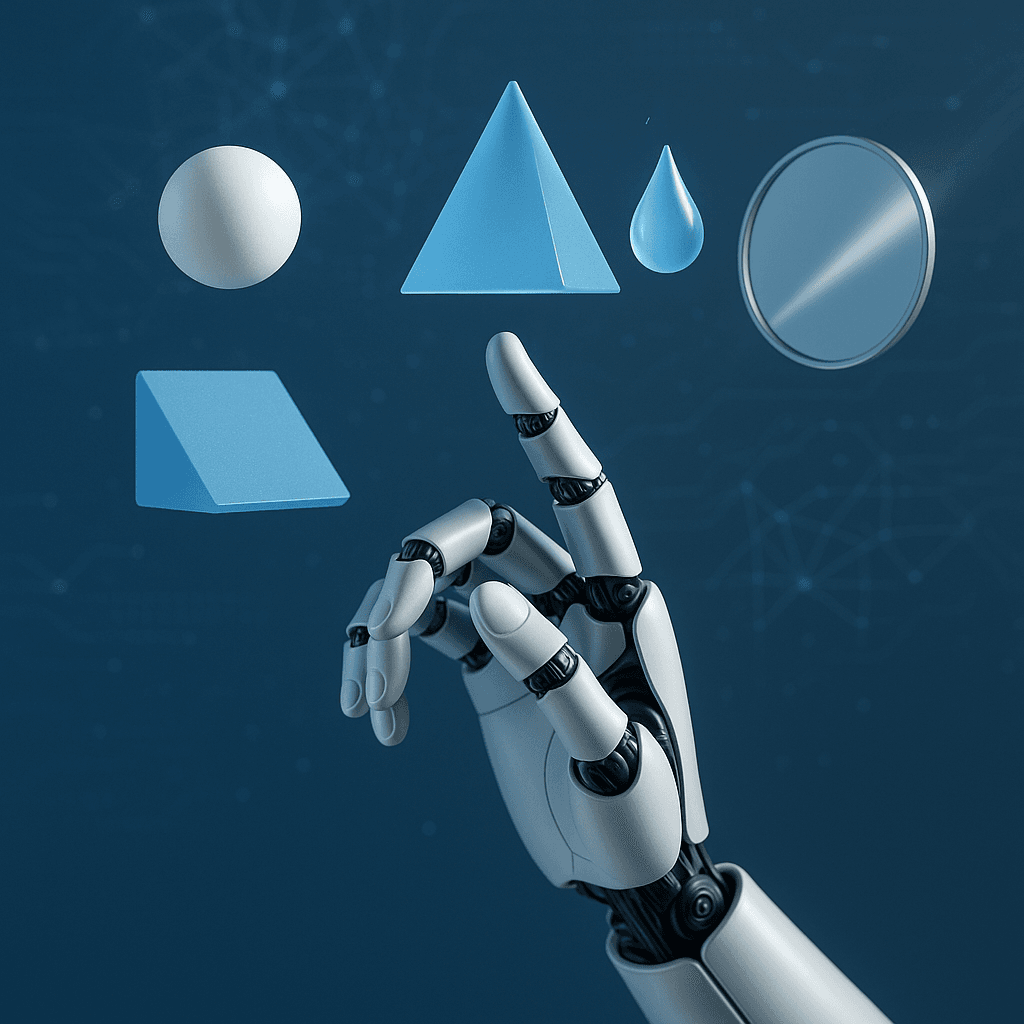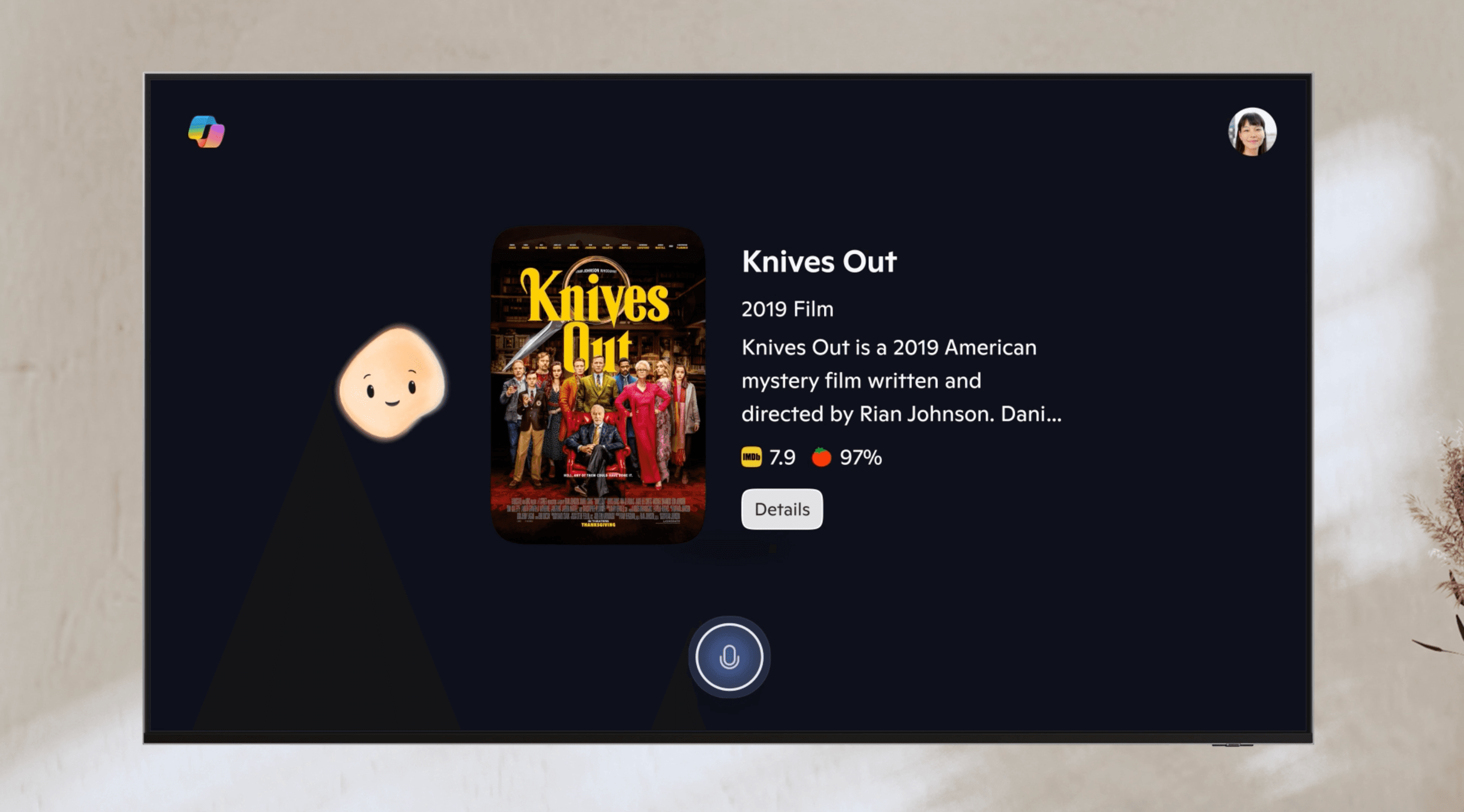Tesla had a chance to settle a fatal Autopilot crash case for $60 million in May but rejected the offer, according to new court filings. Months later, a Miami jury slammed the company with a $242.5 million verdict, creating a massive liability precedent that could reshape how autonomous vehicle makers handle product defect cases.
Tesla just learned an expensive lesson about litigation strategy. The electric vehicle giant turned down a $60 million settlement offer in May for a fatal Autopilot crash case, only to face a jury verdict four times larger just months later. The revelation, disclosed in new court filings first reported by Reuters, exposes how Tesla's aggressive legal stance backfired spectacularly.
The case centers on a 2019 crash that killed Neima Benavides Leon and severely injured her boyfriend Dillon Angulo when a Tesla Model S with Autopilot engaged plowed through a Miami intersection and struck a Chevrolet Tahoe. The couple was standing outside their disabled vehicle when the Tesla failed to brake, despite its advanced driver assistance system being active. The Miami federal jury assigned two-thirds blame to the driver and one-third to Tesla, resulting in the $242.5 million compensatory and punitive damage award.
The rejected settlement offer represents a critical miscalculation by Tesla, which has historically fought automotive liability cases aggressively rather than settling. This strategy worked when the company faced isolated incidents, but the Miami verdict signals that juries are increasingly willing to hold AI-powered systems accountable for catastrophic failures. The settlement filing reveals Tesla could have capped its exposure at $60 million but chose to roll the dice on a jury trial instead.
"Tesla plans to appeal the verdict given the substantial errors of law and irregularities at trial," the company told TechCrunch earlier this month. The statement suggests Tesla believes procedural issues tainted the proceedings, though legal experts note that appellate courts rarely overturn jury verdicts of this magnitude without clear evidence of judicial error.
The case, filed as 1:21-cv-21940-BB in the U.S. District Court for the Southern District of Florida, represents the largest Autopilot-related verdict to date and creates a troubling precedent for the autonomous vehicle industry. , ' Cruise division, and other AV developers are watching closely as the ruling could influence how courts apportion liability between human drivers and AI systems in future cases.
